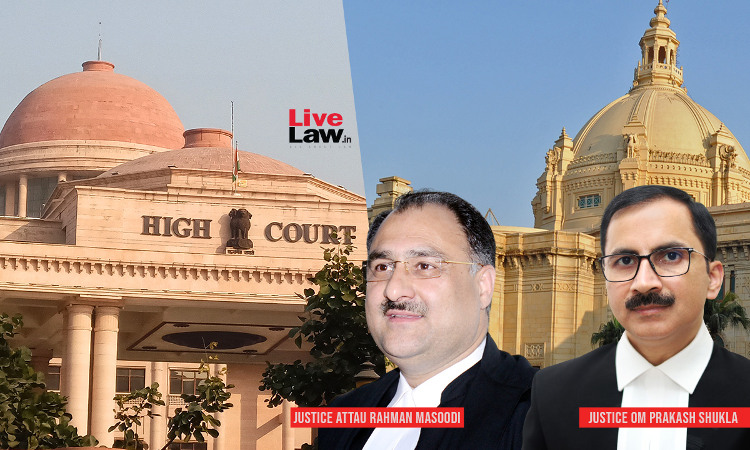Recognition Of LoP By Speaker/Chairman Is A Part Of Convention Not Governed By 'UP State Legislature Act': Allahabad High Court
Sparsh Upadhyay
22 Oct 2022 11:06 AM IST

Next Story
22 Oct 2022 11:06 AM IST
The Allahabad High Court has held that there is no provision in the Uttar Pradesh State Legislature (Members' Emoluments and Pension) Act, 1980 which mandates the Speaker/Chairman of the house to recognize the leader of a party having the greatest numerical strength, to be the leader of the opposition.The court further observed that if the Speaker recognizes any person who is the leader of...
